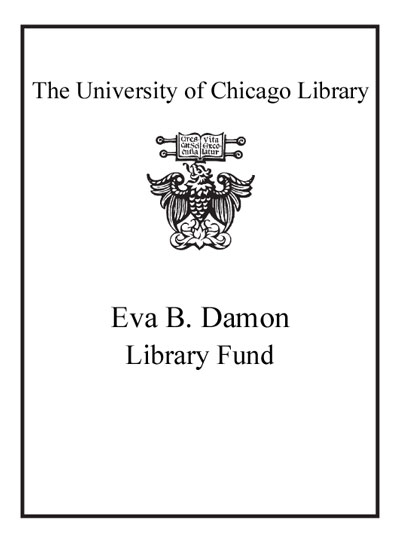Chaper One THIS YOUNG MAN WILL LIVE TO MAKE HIS COUNTRY WEEP (1783-1823) The history of Mexico since 1822 might accurately be called the history of Santa Anna's revolutions. . . . His name plays the major role in all the political events of the country, and its destiny has become intertwined with his. --Lucas Alaman Lieutenant General Don Juan de O'Donoju landed in Vera Cruz on July 30, 1821. His job was to implement the Spanish Constitution of 1812, but he turned out to be the last Spanish viceroy of New Spain. The city was under siege by a small army of insurgents, led by a former royalist officer--New Spain had risen up against Old Spain, because the Criollos (Creoles, native-born descendants of Spaniards) objected to that liberal constitution. Government might be nominally imposed by the king back in the Iberian Peninsula--implemented by native-Spanish officers known as Peninsulares, in America more commonly called Gachupines (an insult suggesting foppishness)--but their numbers were small. The real power was in the hands of greater numbers of criollo soldiers, priests, and landowners. The liberal constitution would deprive them of their privileges, so they rebelled. The young officer besieging Vera Cruz was famous for unprincipled opportunism. Not long ago he had been a captain in the royal colonial army; a small victory over the rebels earned him the rank of lieutenant colonel, but then he offered to change sides if it gained him another promotion. It did, and he became a colonel among the insurgents. When the whole fray was over he was a brigadier general and right-hand man to the new ruler of independent New Spain, Agustin de Iturbide. The besieging officer arranged a meeting between O'Donoju and Iturbide, and on August 24, 1821, the two signed the Treaty of Cordoba, granting independence to New Spain. The officer next marched against the remaining royalist garrisons inland, obtained their surrenders, and returned to Vera Cruz to finish the insurgent business there. Royalist holdouts, sheltered in the island fortress San Juan de Ullua in the city's harbor, gave up late in October. O'Donoju got to know this officer well. He was a handsome fellow, born to wear his uniform, blue and red with plenty of gold trim, lace, and sweeping epaulets. Its high Napoleonic collar seemed to raise his head, making it appear somewhat large for his slender body, and making him seem taller than his already impressive five feet ten inches. He had a high forehead beneath a tousled shock of black hair. Below the brow were a Roman nose, a prim mouth, and a squarish chin. His eyes were deep-set and dark, not overly large, but striking because of the way they were always in motion, side to side, over one shoulder, then the next. They were the eyes of a guest looking for something to steal from his host. He had a rich voice and a commanding manner for one so young, but he was friendly, polite, and deferential when he should be, and he loved a joke. He was thoroughly likable--and completely untrustworthy. It was apparent to anyone who met him that he had many cards hidden up both sleeves--he was, in fact, also an inveterate gambler. After their last meeting, O'Donoju said of the other: "This young man will live to make his country weep." The young man was Antonio Lopez de Santa Anna.1 YOU WILL BE HELD RESPONSIBLE FOR CONSEQUENCES Santa Anna's country, New Spain, claimed between a third and a half of North America late in the eighteenth century, from Panama in the south far to the northwest, where the British and the Russians claimed Oregon, British Columbia, and Alaska; almost due north to beyond the Great Salt Lake; and, east of the Rocky Mountains, up the Great Plains and along the Mississippi River to British Canada, not to mention the two Floridas along the Gulf Coast. Those far-flung boundaries were colonialist fantasies-- Excerpted from Eagles and Empire: The United States, Mexico, and the Struggle for a Continent by David A. Clary All rights reserved by the original copyright owners. Excerpts are provided for display purposes only and may not be reproduced, reprinted or distributed without the written permission of the publisher.

